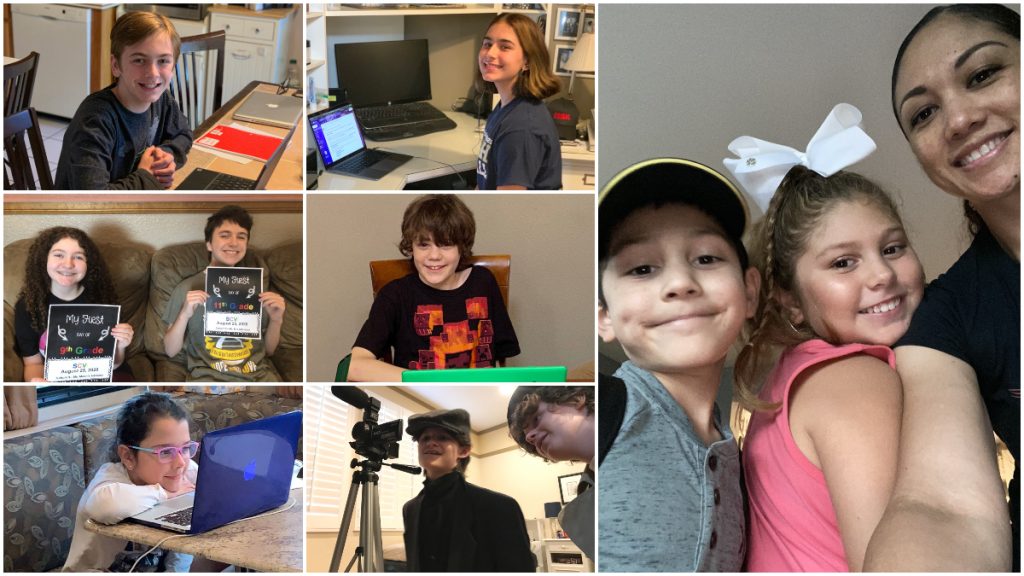Dear SCVi families,
We hope you all had a wonderful week! We are definitely starting to get into the groove of things and hope you are too.
We are working our way into assessments. You might be wondering, “Why is my child taking MAP?” or “What is the MAP?” MAP scores provide insight for facilitators on each learner’s ability by measuring achievement and growth. Facilitators use results to tailor lessons as well as to set goals for each learner. Since MAP data creates a useful snapshot of how to best meet each learner’s academic needs, it’s important that your child does their best and completes it independently. Although they may want help throughout the test, it’s important for families to take a backseat and let the child showcase their own learning. When learners complete the assessment independently, this provides facilitators with each learner’s true ability so we can be certain to create a learning program that will meet each learner where they are.
While in the classroom, we as educators ourselves find it difficult to not help our learners on the test, especially when they seem to want to be successful. We’ve found it helpful to encourage learners to do their best by reminding them to read and reread the directions, passage, and choices when necessary or to stop and think about it for a few minutes. This “think time” often provides the learners the confidence to choose the answer that makes the most sense.
MAP scores are not reflected in a learner’s grade or on their Report of Progress (ROP). They are merely one of the many resources we use to assess each learner’s individual ability, including other formal assessments, work samples, and interactions with learners during lessons. Please reassure any nervous test-takers that these assessments are similar to trying on shoes. We want to provide the “perfect fit” with the work they are asked to do.
Facilitators will also use the data to help with each learner’s Individualized Learning Plan (ILP). ILPs are a pillar of our school program. Each learner creates both academic and social-emotional goals with the support and guidance of their family and facilitator. ILPs will take place later this month, and your learners’ facilitator will soon be sending out more information and scheduling.
We want to thank all our families for their support and positivity during this time. The family and school connection is an important part of helping your child stay engaged in the learning process. We realize now more than ever, a strong home-school connection will set the stage for a child who will grow up with a love for learning.
Here are some conversation starters to help get your child talking about school. Instead of asking, “How was your day,” you could try the following prompts:
- What made you smile today?
- Can you tell me an example of kindness you saw or showed today?
- Tell me something you know today that you didn’t know yesterday.
- How were you brave today?
- If you were facilitator for the day tomorrow, what would you want your friends to learn about?
Thank you for your continued support. Let’s make it a great week!
The SCVi Leadership Team
Nicole Padovich, Director, Upper School and Operation
Nessa Roffredo, Director, Lower School
Tina Toval, Leadership Resident
